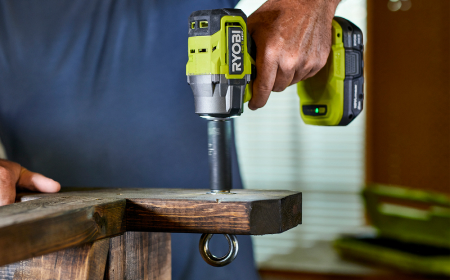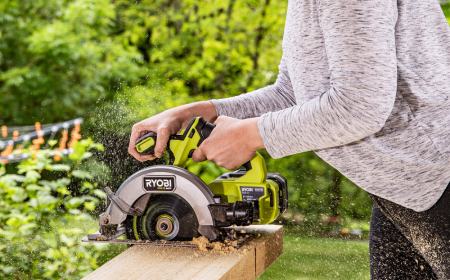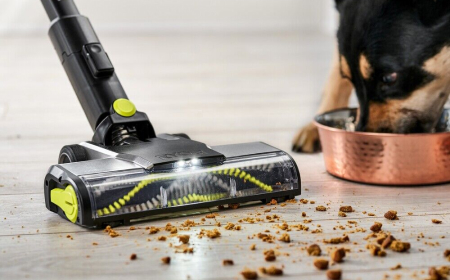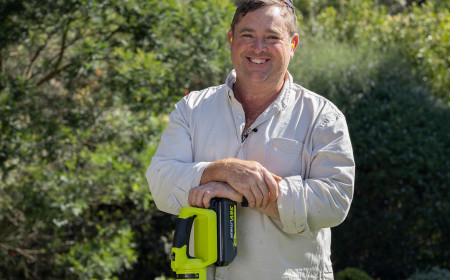| Cause | Solution |
|---|---|
| Battery capacity |
You may not be using the right battery capacity for your tool or task. Where more power is required, larger battery packs are recommended. These batteries hold more charge and allow you to run higher powered tools. For example, the 18V ONE+ 4.0AH battery pack is suited to tools like Circular Saws, Reciprocating Saws or Belt Sanders where more power is needed for longer. For certain garden tools like Mowers, an 18V ONE+ 9.0Ah battery is recommended. |
| Weather conditions |
Extreme temperatures, both hot and cold, can affect battery charging. Make sure you store and charge the battery where the temperature is below 27 degrees. Prolonged exposure to temperatures below 0 degrees can also harm the battery. If you plan to use the battery in cold weather, store it at room temperature or slightly warmer before use. |
| Storage |
Storing your battery in a discharged state for long periods can lead to capacity loss - store it partially charged. Store your RYOBI batteries in a location that's sheltered from extreme temperatures and humidity. Avoid exposing to direct sunlight, rain, or other environmental extremes. |
| Heavy use |
Running the tool at full power continuously when it's not necessary can drain the battery faster. Use the appropriate power setting for your task. Lower the speed or power when feasible to conserve battery. |
| Dirt or debris in battery contacts |
Inspect the battery contacts on both the tool and the battery. Make sure it's clean and free from any dirt or debris. Clean with a dry cloth if visible. |
| Battery age |
Over time, rechargeable batteries degrade, resulting in reduced runtime. If the battery is over 3 years old and is underperforming, it likely needs replacing. |
RB1860X, RB186060X, RB184040C, RB1850C, R18SK14, R18BC143, RB1840C, RBC36L40D2, RB18L90A





